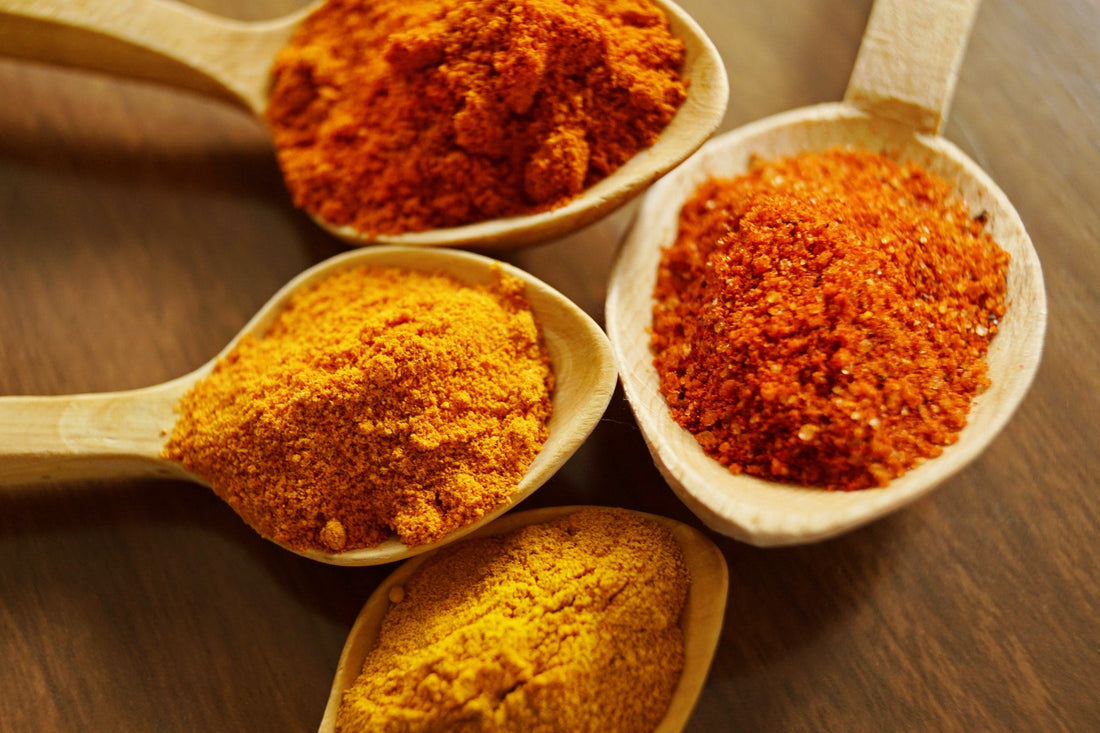
The difference between Turmeric & Curcumin
Share
Turmeric
Turmeric is the common name for Curcuma longa, a perennial plant best known for its characteristic golden-yellow coloured rhizomes, or underground stems. Turmeric comes from the Ginger family and is often used medicinally, in cooking as a spice for many dishes, and for dyeing fabric. Medicinally, Turmeric has a long history of use in Ayurvedic medicine as an anti-inflammatory to reduce mild arthritic pain, inflammation and swelling.
Curcumin
Curcumin continues to steal the limelight from Turmeric as more exciting scientific evidence emerges confirming its therapeutic value. Curcumin is chiefly responsible for Turmeric’s anti-inflammatory activity although Turmeric itself only contains around 3-5% curcumin. Curcumin has been extensively researched and is recognised to have anti-inflammatory actions due to its ability to interrupt many pro-inflammatory pathways in the body. Additionally, it reduces the symptoms of mild osteoarthritis including joint pain and stiffness and increases joint mobility.
Meriva® curcumin
Meriva® curcumin is a proprietary form of curcumin that has enhanced absorption. Meriva® curcumin is embedded within a phospholipid, or fat complex, which protects the curcumin from degrading too quickly in the watery intestinal environment. The digestive tract lining is also made up of phospholipids, so when the Meriva® curcumin phospholipid complex encounters the digestive tract phospholipids, the curcumin is rapidly shuttled between the phospholipids, increasing curcumin levels in the body. See Bio Curcumin 5400.
